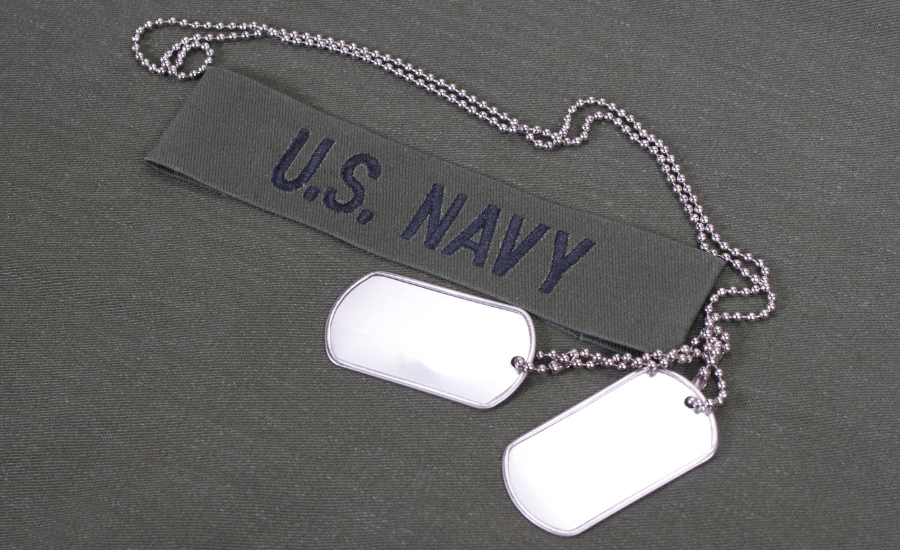
China has alleged that the U.S. military violated international law and engaged in provocative actions in East Asia on Thursday, following the transit of a U.S. Navy destroyer through the Taiwan Strait in 2024. The passage of the USS John Finn through the waterway separating Taiwan from mainland China marked the first transit of any U.S. warship through the Strait since the recent elections on the island about two weeks ago.
Despite warnings from Beijing that its re-election would heighten conflict risks. The ruling Democratic Progressive Party of Taiwan secured a third consecutive presidential victory. China’s Communist Party regards Taiwan as its territory, although it has never controlled it. Xi Jinping has not ruled out the possibility of using military force to achieve “reunification” between the mainland and the island.
Under the Taiwan Relations Act, the U.S. is mandated to provide Taiwan with military support for self-defense. A move seen by Beijing as interference in its internal affairs. Cmdr. Meagan Greene, spokesperson for the U.S. Navy’s 7th Fleet, emphasized on Wednesday that the USS John Finn’s transit through the Strait was conducted under international law.
Navigating through a corridor within the Taiwan Strait, the vessel traversed waters beyond the territorial jurisdiction of any coastal state. Cmdr. Meagan Greene highlighted that the USS John Finn’s passage underscores the U.S.’s dedication to safeguarding freedom of navigation, a fundamental principle for all nations.
Although the USS John Finn’s passage through the Taiwan Strait marks the first such transit in 2024, U.S. military vessels and aircraft have frequently navigated the area. According to Collin Koh, a research fellow at the S. Rajaratnam School of International Studies in Singapore, records show that last year alone, U.S. Navy and Coast Guard vessels, along with Navy reconnaissance planes, made approximately 11 transits of the strait.
In response to these actions, China’s Defense Ministry cautioned that the United States is engaging in risky behavior with its ongoing military operations in the region. Urging a change in behaviour to avoid maritime or aerial incidents. The ministry emphasized the need for the U.S. to adhere to international law, refrain from provocative actions, and maintain discipline among its troops.
Earlier this month, Adm. John Aquilino, the commander of the U.S. Indo-Pacific Command, accused Beijing of escalating tensions, anticipating a display of force against Taiwan following the island’s recent election results. Speaking at a defense forum in Hawaii, Aquilino expressed his concerns about China’s intentions in the region.
According to Singaporean analyst Koh, Beijing may feel slighted by Washington’s actions, especially after agreeing to resume military-to-military talks in December 2023. Koh suggests that Beijing may perceive its decision to reopen such channels as a gesture of goodwill. But disheart by what it perceives as a lack of reciprocity from the U.S.

Reference: CNN Wire
Disclaimer:
Please note that the content present on this website is intended for general informational purposes only. While we strive to ensure that the information presented is accurate and up to date, we do not make any guarantees regarding its completeness, reliability, or suitability for your specific needs. Any reliance you place on the information provided is at your own discretion and risk. We disclaim all liability for any loss arising from your use of this website or any information contained herein.









